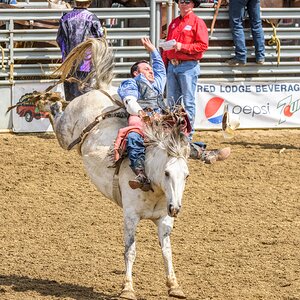New Hampshire
TPF Noob!
- Joined
- Jan 16, 2007
- Messages
- 250
- Reaction score
- 2
- Location
- Goffstown, NH
- Can others edit my Photos
- Photos OK to edit
Hello everyone,
Im new to the forum, but not exactly new to photography. I say "Sem-Beginner" because I took photogrpahy classes in school about 10 years ago, and have only mildly participated in general photography. But a chance run in with a hiking friend who is a "pro" Landscape photographer has put the bug in me to get serious. I already have some good equipment to use, but Im sure I need more. So thats why I am looking to you folks. Currently I have:
A Pentax K1000 35mm SLR (she is all manual, not very fancy, but sturdy as heck and has already produced some decent photos.)
35-80mm Zoom lens
Tri-pod (not sure of make, nor is it fancy, but it is sturdy enough for the camera and adjusts pretty tall)
And I recently picked up a 12" remote release and some 100 ISO Fuji film (I have started reading a bit on this subject and without realising it I was using anywheres from 400 to 800 ISO film and wondering why my pics were coming out so grainy :shock: .)
Im already looking into getting a new 24mm lens to add to the arsenal, as well as a polarizing filter. Are there any other tings you folks could suggest to add that would be usefull? On a hiking site I visit with a photography section a lot of people are mentioning Graduated Neutral Density filters a lot as being very usefull. But the price range of these things is very scary, some as far as $220!!! Whats the big difference between the $220 model and the more "budget minded" filters at around $20? Can one still make use of the less expensive filters?
I'm sure I'll have more questions later, but this should do for right now.
Thank you,
Brian
Im new to the forum, but not exactly new to photography. I say "Sem-Beginner" because I took photogrpahy classes in school about 10 years ago, and have only mildly participated in general photography. But a chance run in with a hiking friend who is a "pro" Landscape photographer has put the bug in me to get serious. I already have some good equipment to use, but Im sure I need more. So thats why I am looking to you folks. Currently I have:
A Pentax K1000 35mm SLR (she is all manual, not very fancy, but sturdy as heck and has already produced some decent photos.)
35-80mm Zoom lens
Tri-pod (not sure of make, nor is it fancy, but it is sturdy enough for the camera and adjusts pretty tall)
And I recently picked up a 12" remote release and some 100 ISO Fuji film (I have started reading a bit on this subject and without realising it I was using anywheres from 400 to 800 ISO film and wondering why my pics were coming out so grainy :shock: .)
Im already looking into getting a new 24mm lens to add to the arsenal, as well as a polarizing filter. Are there any other tings you folks could suggest to add that would be usefull? On a hiking site I visit with a photography section a lot of people are mentioning Graduated Neutral Density filters a lot as being very usefull. But the price range of these things is very scary, some as far as $220!!! Whats the big difference between the $220 model and the more "budget minded" filters at around $20? Can one still make use of the less expensive filters?
I'm sure I'll have more questions later, but this should do for right now.
Thank you,
Brian


 ) and I'm not likely to give up on it any time soon! The "Pro" photographer friend I mentioned also told me "....35mm is great, I have an old Pentax I use as my 'go-to' workhorse." He does a lot of Medium format work too, as well as his monsterous digital SLRs, but still finds a place for his 35mm!
) and I'm not likely to give up on it any time soon! The "Pro" photographer friend I mentioned also told me "....35mm is great, I have an old Pentax I use as my 'go-to' workhorse." He does a lot of Medium format work too, as well as his monsterous digital SLRs, but still finds a place for his 35mm! 
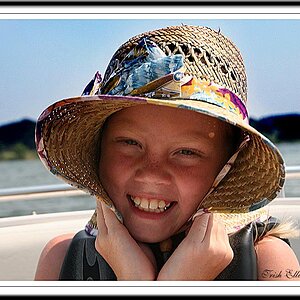


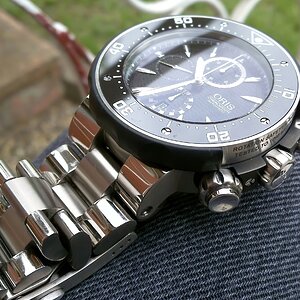
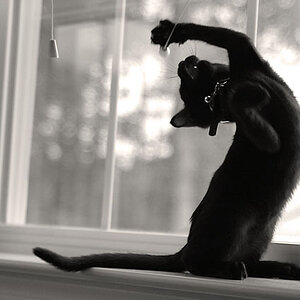
![[No title]](/data/xfmg/thumbnail/42/42067-88a229e814afcfc8848b3e293d8113d9.jpg?1619739998)
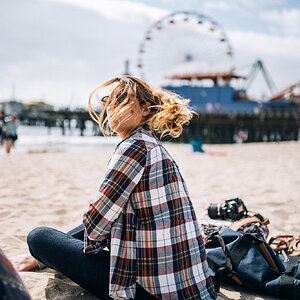

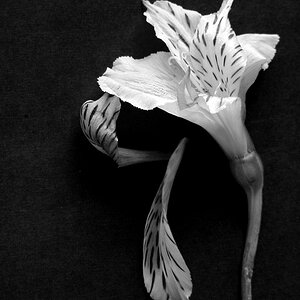
![[No title]](/data/xfmg/thumbnail/41/41820-5b89d2c0ef3c8c232c56fabddbeaee0b.jpg?1619739903)
